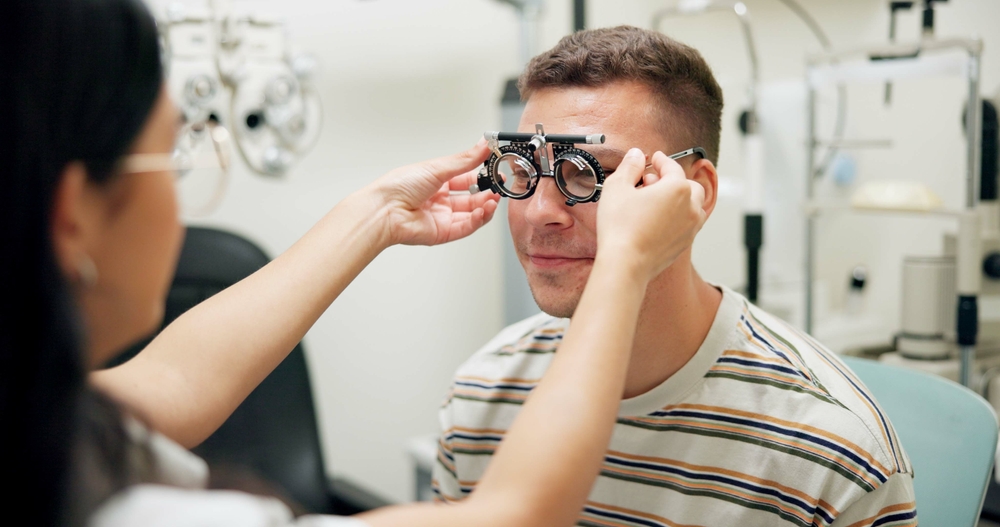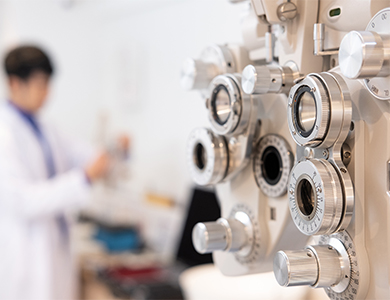Comprehensive Eye Exams: The Key to Optimal Vision Health
Blog:Comprehensive Eye Exams: The Key to Optimal Vision Health

Comprehensive Eye Exams: The Key to Optimal Vision Health
Maintaining optimal vision health goes far beyond just seeing clearly—it involves monitoring the overall well-being of your eyes. A comprehensive eye exam is a vital part of this process, offering more than just a vision check. It provides insight into the health of your eyes, helping detect potential issues early and ensuring long-term eye health.
What is a Comprehensive Eye Exam?
A comprehensive eye exam is a thorough evaluation of your eye health and vision. Unlike a basic vision screening, which primarily tests for nearsightedness or farsightedness, a comprehensive eye exam assesses several critical components of eye health. It typically includes:
• Visual Acuity Test: Measures the sharpness of your vision, usually with an eye chart.
• Refraction Test: Determines if you need prescription glasses or contact lenses.
• Eye Muscle Function Test: Assesses the movement and coordination of your eyes.
• Pupil Dilation: Helps your eye care provider examine the retina and optic nerve more effectively.
• Intraocular Pressure Test: Checks for signs of glaucoma by measuring the pressure inside your eye.
• Slit-Lamp Examination: Allows your doctor to examine the structures of your eye under high magnification.
What Can a Comprehensive Eye Exam Detect?
A comprehensive eye exam can detect a wide range of eye conditions, some of which might not show symptoms until significant damage has occurred. These conditions include:
• Glaucoma: A disease that damages the optic nerve and can lead to vision loss if untreated.
• Cataracts: Clouding of the eye's lens, leading to blurry vision.
• Macular Degeneration: A condition that affects the central part of the retina and can cause blindness.
• Diabetic Retinopathy: Damage to the blood vessels in the retina due to diabetes, potentially leading to vision loss.
• Refractive Errors: Such as nearsightedness, farsightedness, and astigmatism, which can affect your ability to see clearly.
Early detection of these conditions through regular eye exams is crucial to prevent permanent vision damage and to ensure timely treatment.
The Importance of Regular Eye Exams for Optimal Vision Health
Scheduling regular comprehensive eye exams is essential for maintaining optimal vision and overall eye health. Even if you feel your vision is clear, many eye conditions, like glaucoma and diabetic retinopathy, often develop without noticeable symptoms in their early stages. By catching these issues early, you can significantly reduce the risk of irreversible vision loss.
For children, regular eye exams can detect vision problems that may affect learning and development. For adults, they help manage changes in vision and monitor for age-related conditions.
Schedule Your Comprehensive Eye Exam with Eye Care Plus Today
Incorporating regular eye exams into your health routine is a proactive way to ensure your eyes remain healthy throughout your life. At Eye Care Plus, we are committed to safeguarding your vision with personalized, comprehensive eye exams designed to meet your unique needs.
Prioritize your vision and eye health by scheduling your comprehensive eye exam with Eye Care Plus. Visit our office in El Paso, Texas, or call (915) 594-1783 to book an appointment today.



